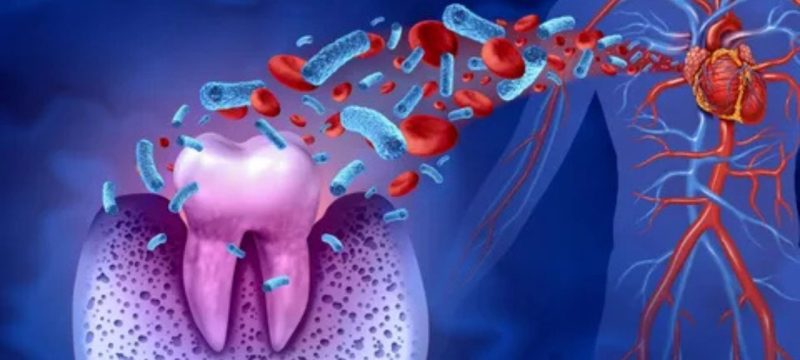Oral bacteria linked to higher heart disease risk have become a growing concern among health experts. Recent findings suggest that poor dental hygiene does more than affect teeth and gums. It may also contribute to heart problems by increasing inflammation and narrowing blood vessels.
Medical specialists explain that when oral bacteria enter the bloodstream, they can travel to the arteries and create blockages. This increases the chances of heart attacks, strokes, and other cardiovascular conditions. The link between dental health and heart health is stronger than many people realize, and it highlights the importance of preventive care.
Oral bacteria linked to higher heart disease risk
Researchers point out that people with gum disease are almost twice as likely to develop cardiovascular issues compared to those with healthy gums. This makes regular brushing, flossing, and dental checkups more critical than ever.
Some of the key findings include:
- Oral bacteria can enter the bloodstream and cause inflammation.
- Gum infections may lead to narrowing of blood vessels.
- People with gum disease face a higher risk of heart attacks.
- Preventive care reduces both oral and heart health risks.
Doctors also emphasize that lifestyle habits, such as smoking and a poor diet, make the problem worse. When combined with gum disease, these factors create a dangerous mix for cardiovascular health.
In Pakistan, cardiovascular disease is already a leading cause of death, with a shocking number of patients experiencing heart attacks at a younger age. According to reports, half of Pakistan’s heart attack patients are under 49 years old. Experts warn that ignoring dental care could further fuel this alarming trend.
Health professionals now encourage people to think of dental care as part of heart care. Simple habits, such as brushing twice daily, regular dental visits, and avoiding tobacco, can make a life-saving difference.
The message is clear: protecting your smile may also protect your heart. Awareness campaigns and community health programs are needed to help people understand the hidden risks of oral bacteria.
As evidence continues to grow, both dentists and cardiologists are urging patients to treat gum disease early. By doing so, they can lower their chances of facing serious heart complications in the future.







